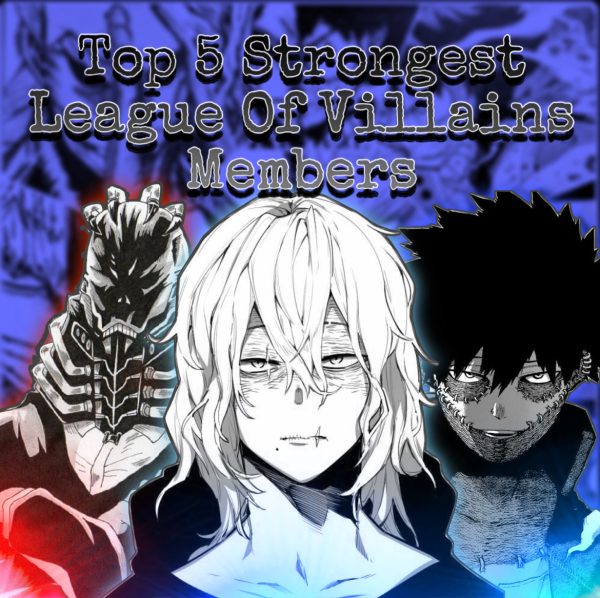Terry Fox
Terrance “Terry” Fox was a young Canadian athlete who was diagnosed with osteosarcoma (a rare bone cancer) and metastasis in 1977, when he was 18 years old. Terry had to get his right leg amputated six inches above his knee. While in the hospital for treatment, Fox was overcome with emotion because he had witnessed such suffering from other cancer patients, many of them children; it was in his hospital bed that he made the decision to run across Canada, from the East Coast to the West, as a means of raising awareness and money for cancer research.
It is, of course, completely normal for people to have their own individual struggles, mental and physical, to overcome. What distinguishes Fox from the majority of society is his determination to impact and inspire the world, and his commitment to his project to the extent of giving up the little time he had left in order to raise funds and save others’ lives.
Some might say it is somewhat underwhelming that few people know of Terry Fox, or that he was one of the pioneers of cancer research fundraising. It is arguable that without him, cancer awareness would be much less advanced, if even existent, than it is right now, due to the social unacceptability of discussing cancer in public in the past.
Fox had called this run the “Marathon of Hope,” drawing inspiration from a magazine that showcased a one-legged man running a marathon in New York. Fox’s run began in St. John’s, Newfoundland (on the east coast of Canada), and run for 3,339 miles, ending early in the city of Thunder Bay, Ontario due to an unforeseen spreading of the cancer to the runner’s lungs. Notwithstanding this, Fox was observed to have “continued to wear his Marathon of Hope T-shirt in hospital and refused the many offers, including one from the Toronto Maple Leaf hockey team, to finish his run for him.”
At one point, Terry’s father—Rolly Fox—was heard to say, “I think it’s unfair. Very unfair.”
To this, his son responded, “I don’t feel this is unfair. That’s the thing about cancer. I’m not the only one. It happens all the time, to other people. I’m not special. This just intensifies what I did. It gives it more meaning. It’ll inspire more people. I could have sat on my rear end, I could have forgotten what I’d seen in the hospital, but I didn’t.”
“I don’t feel this is unfair,” Terry told him. “That’s the thing about cancer. I’m not the only one. It happens all the time, to other people. I’m not special. This just intensifies what I did. It gives it more meaning. It’ll inspire more people. I could have sat on my rear end, I could have forgotten what I’d seen in the hospital, but I didn’t.”
Terrance Fox had been given many awards and recognitions, such as Companion of the Order of Canada (the second-highest national award in the nation), Newsmaker of the Year from the Canadian Press, and the Lou Marsh Trophy. His portrait was hung in the Canadian Sports Hall of Fame, and the Guinness Book of Records named him the top fundraiser. A memorial statue was even built in Ontario to commemorate him. All in all, Terry Fox raised $23.4 million for cancer research prior to his tragic death on June 28, 1981, one month short of his twenty-third birthday.
The people of Canada proved very soon that his legacy was not forgotten. “The first Terry Fox Run was held that September – more than 300,000 people walked or ran or cycled in his memory and raised $3.5 million.” Jeff Hunt, President of Sports for the Ottawa Sport and Entertainment Group, said that “Terry fox is a Canadian hero and we’re honoured to welcome his brother, Darrell, to TD Place [a stadium in Ottawa, Canada]. The spirit and inspiration of Terry Fox shines brightest each September during the Terry Fox Run, and I encourage all of our fans, member of #RNation, to support the Terry Fox Run by participating, volunteering, or making a donation.”
More information about Terry Fox can be found at http://www.terryfox.org/
Quotes cited from www.terryfox.org, unless otherwise noted.

My name is Brianna Stritzinger, and I’m a senior at Greater Nanticoke Area High School. This is my second year working on The GNA Insider.
I enjoy...












